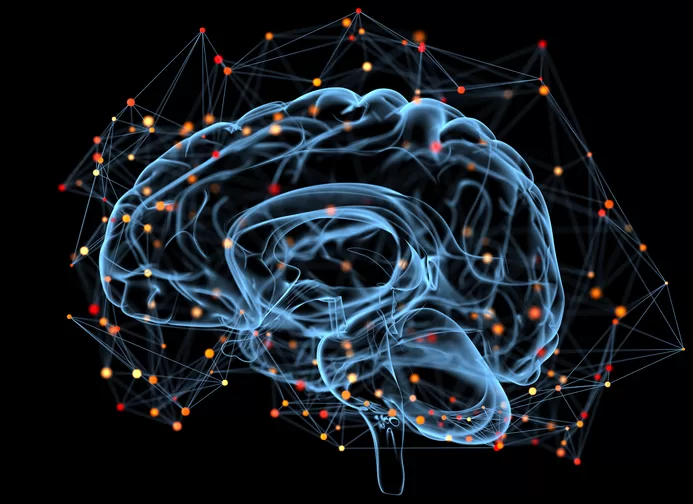- Have any questions
- Info@Ratedtherapy.com
Irrational Thoughts

The Warrior Diet
January 10, 2023
Low self-esteem
January 15, 2023Irrational thinking refers to the use of faulty logic, poor reasoning, or inaccurate information to make decisions or form beliefs. It can lead to poor judgment, irrational fears, and can also cause stress and anxiety. Examples of irrational thinking include:
- All-or-nothing thinking (also known as black-and-white thinking)
- Overgeneralisation
- Catastrophizing
- Mind reading
- Emotional reasoning
- Should statements
- Personalisation
It is important to recognise and challenge irrational thoughts and beliefs, as they can have a negative impact on our mental health and well-being. Cognitive-behavioural therapy can be an effective way to identify and change irrational thinking patterns.
There are several techniques that can help to tackle irrational thinking and improve your reasoning and decision-making abilities. Some of these include:
- Cognitive restructuring: This involves identifying and challenging your irrational thoughts and beliefs, and replacing them with more rational and realistic ones.
- Reality testing: This involves evaluating the evidence for and against your beliefs to determine if they are rational or not.
- Cost-benefit analysis: This involves weighing the pros and cons of a decision or action to determine if it is rational or not.
- Mindfulness: This involves being present in the moment, paying attention to your thoughts and feelings without judgment, which can help to reduce emotional reactivity and increase self-awareness.
- Reframing: This involves looking at a situation from a different perspective, which can help to reduce stress and anxiety.
- Distraction techniques: This involves finding ways to distract yourself from irrational thoughts, such as engaging in a hobby or physical activity, or listening to music.
- Seeking support: Talking to a therapist or counsellor can be helpful in identifying and addressing irrational thinking patterns, as well as providing coping mechanisms to deal with it in a more effective way.
It is important to note that it takes time and effort to change irrational thinking patterns, and that it is a process that requires consistent and persistent efforts.



